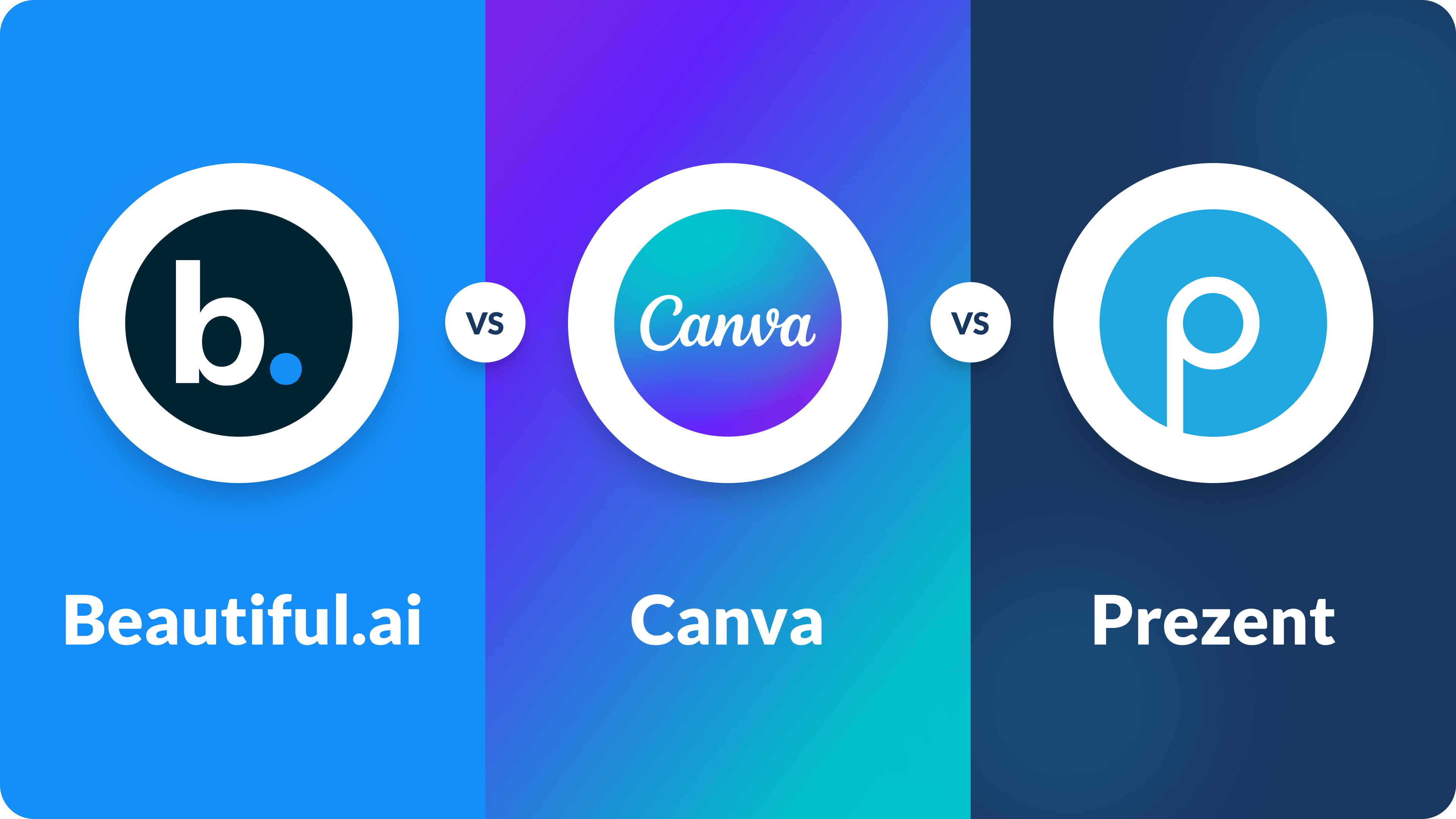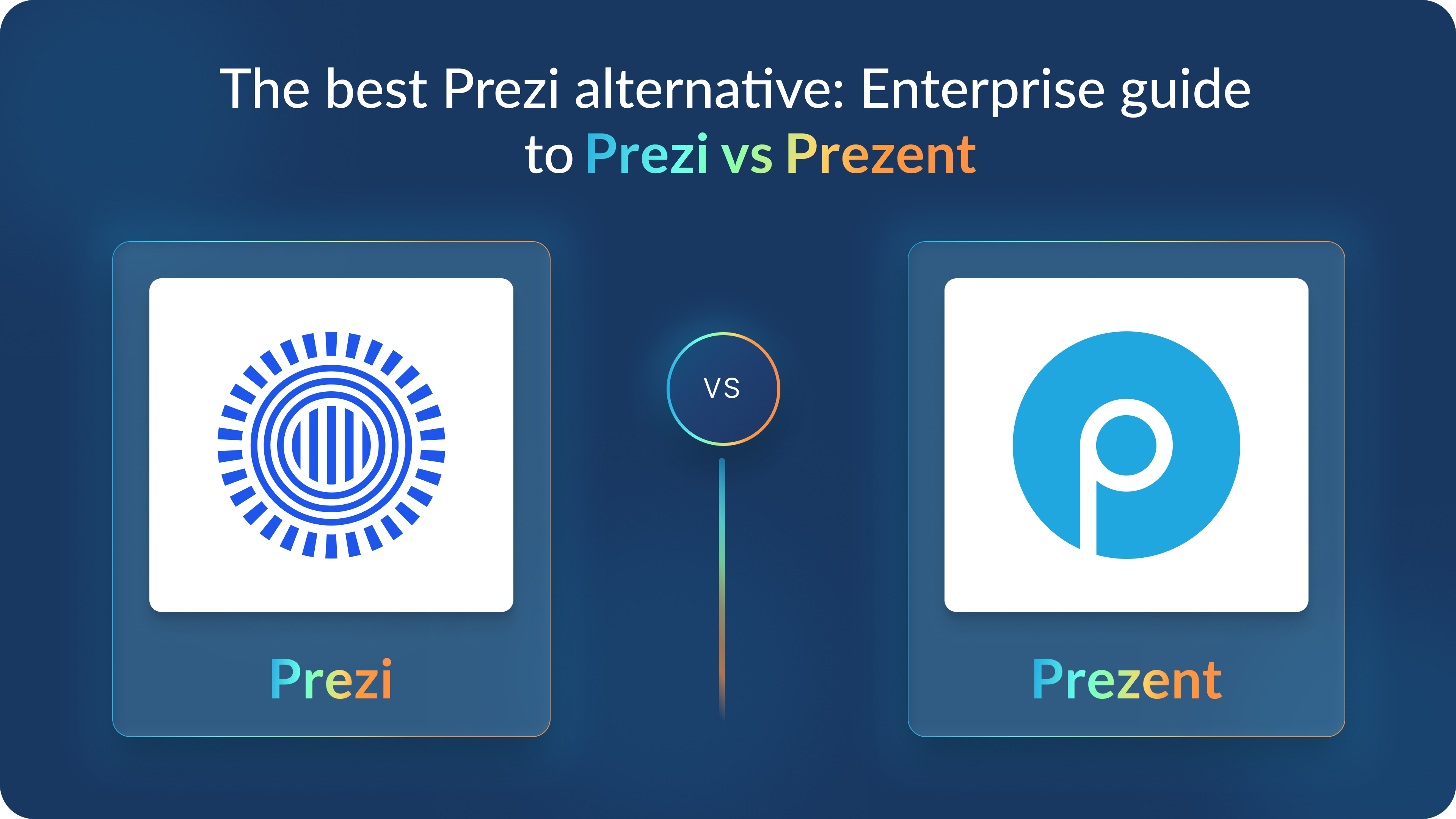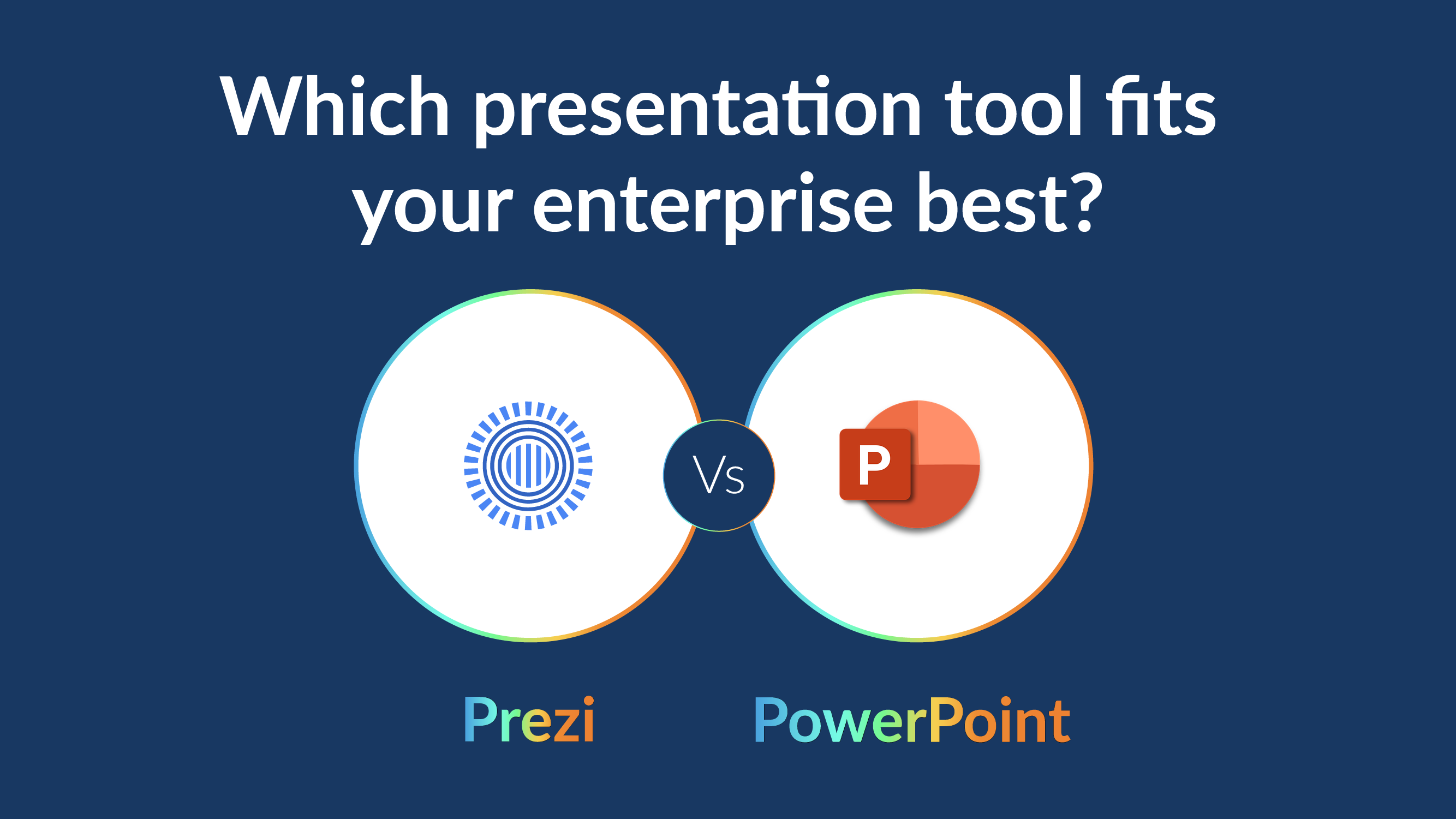Culture strategy presentation: A comprehensive guide

Hey there!
Welcome to the ultimate guide on creating a culture strategy presentation that will captivate your audience, align your team, and drive organizational success.
This guide will equip you with the knowledge and tools you need to craft a compelling culture strategy presentation that resonates with your audience and leaves a lasting impression.
What is culture and strategy?
Before we dive into the intricacies of crafting a culture strategy presentation, let's define our key terms: culture and strategy.
Culture refers to the collective values, beliefs, behaviors, and norms that define an organization. It's the invisible thread that weaves through every aspect of your company, shaping its identity and guiding its decisions.
Strategy, on the other hand, is the deliberate plan of action designed to achieve specific goals and objectives. It's the roadmap that ensures your organization moves in the right direction, adapting to change while staying true to its mission.
In today's business world, these two concepts are deeply intertwined. An effective culture strategy presentation is the bridge that connects them, helping your team understand how the company's culture supports its strategic goals.
Importance of culture strategy presentation
Aligning your team
One of the primary purposes of a culture strategy presentation is to align your team. When everyone in the organization understands and embraces the culture, it becomes a driving force behind decision-making and actions. This alignment fosters a sense of unity, cohesion, and shared purpose, essential for achieving your strategic objectives.
Attracting top talent
An exceptional company culture is a magnet for top talent. Talented individuals are not just looking for a job; they seek an environment where they can thrive, grow, and contribute meaningfully. Your culture strategy presentation can highlight what sets your organization apart and why it's an attractive place to work.
Driving productivity
A well-defined culture strategy can lead to increased productivity. When employees are clear about the values and expectations, they make decisions aligned with the company's goals. This clarity reduces ambiguity and empowers team members to work more efficiently and effectively.
How to structure an effective culture strategy presentation
Creating a culture strategy presentation involves careful planning and thoughtful execution. Here's a step-by-step guide on how to structure your presentation:
1. Start with a powerful introduction: Begin your presentation with a captivating story or a surprising fact related to your company's culture. This will instantly grab your audience's attention. For example, "Did you know that companies with a strong culture outperform their peers by 20%?"
2. Define your presentation goals: Clearly state the objectives of your presentation. What do you want your audience to learn or take away from it? Make sure your goals are aligned with your organization's overall strategy.
3. Use visual slides: Incorporate visual elements into your presentation to enhance comprehension and engagement. Utilize Prezent, PowerPoint or Google Slides to create visually appealing slide templates that convey your message effectively.
4. Emphasize company culture: Dedicate a section to explain your organization's company culture. Share real-life stories and examples of how it has positively impacted the workplace.
5. Highlight organizational values: Discuss the core values that guide your organization. Explain how these values are embedded in your decision-making processes and daily operations.
6. Address employee engagement: Discuss the importance of employees in shaping and sustaining your culture. Showcase how your culture empowers and motivates team members.
7. Present data and metrics: Back your claims with data and metrics. Show how your culture strategy has led to tangible results, such as improved productivity or a decrease in employee attrition rate.
8. Provide solutions: Offer practical ways to improve and maintain your culture. Share strategies for embedding values in your organization and streamlining decision-making processes.
9. Engage your audience: Encourage interaction by asking questions, conducting polls, or including teamwork activities within your presentation.
10. End with a strong conclusion: Summarize the key points, reiterate the importance of your culture strategy, and leave your audience with a memorable closing statement.
Do’s and don'ts on a culture strategy presentation
Now that you know how to structure your presentation, let's explore some do's and don'ts to ensure your culture strategy presentation is a resounding success.
Do's:
- Do keep it concise: Avoid overwhelming your audience with excessive information. Stick to the most relevant and impactful details.
- Do use visuals: Incorporate graphics and visuals to make your presentation more engaging.
- Do tell stories: Share real-life anecdotes and success stories to illustrate the impact of your culture strategy.
- Do encourage questions: Foster an open and inclusive environment where your audience feels comfortable asking questions.
- Do showcase results: Highlight the positive outcomes of your culture strategy, such as increased productivity or improved decision-making.
Don'ts:
- Don't overload with jargon: Avoid using too much industry-specific terminology. Ensure your presentation is accessible to a broader audience.
- Don't neglect employee input: Don't forget to incorporate feedback from your employees when discussing culture.
- Don't rush through it: Take your time during the presentation. Rushing through the material can lead to confusion.
- Don't Ignore the importance of visuals: Visual aids should complement your presentation, not replace it. Balance is key.
- Don't skip the Q&A: Allow time for questions and discussion at the end. This promotes engagement and clarifies any doubts.
Summarizing key takeaways
In this comprehensive guide, we've explored the intricacies of creating a culture strategy presentation that not only captivates your audience but also aligns your team and drives organizational success. Remember to:
- Start with a powerful introduction.
- Define your presentation goals.
- Use visual slides effectively.
- Highlight your company culture and values.
- Back your claims with data and metrics.
- Provide practical solutions for maintaining your culture.
- Engage your audience throughout the presentation.
By following these guidelines and avoiding common pitfalls, you can create a culture strategy presentation that leaves a lasting impact and helps your organization thrive.
FAQ's
1. What is the significance of a culture strategy presentation?
A culture strategy presentation plays a vital role in shaping corporate culture and driving organizational success. It's a powerful tool for articulating your company's values and embedding them in your work environment. By using culture ppt templates and ppt slides, you can effectively convey your message to your audience, making it easier for them to better understand your company's culture and strategy. This presentation serves as a guide to align your team, attract talented people, and create a top-down approach where everyone has buy-in.
2. How can I create an effective culture strategy powerpoint presentation?
To create an impactful culture strategy powerpoint (culture powerpoint) presentation, start by using culture powerpoint presentation slides and corporate culture powerpoint presentation slides. These resources provide a visual framework for your presentation. You can download predesigned templates and slide decks, wherein you can map out methods to embed your company's values effectively. Use presentation graphics to make your slides visually appealing. Make sure to be concise in your content and articulate the importance of your culture in the organization's success.
3. What role does HR play in crafting a culture strategy presentation?
HR manager, as a key stakeholder, plays a crucial role in developing and maintaining the company's culture. They can use their expertise to create a culture strategy powerpoint (culture strategy ppt) that addresses issues like employee turnover and increase in employee attrition rate, which can otherwise lead to slow decision-making. HR professionals can educate fellow employees on the culture and workforce expectations through the presentation. They can also update the content regularly to reflect the evolving culture.
4. Can you provide an example of a culture strategy presentation?
Certainly! Here's an example of a culture strategy presentation:
Title: "Nurturing a Culture of Excellence"
- Slide 1: Introduction
- Slide 2: Defining Our Culture
- Slide 3: Our Core Values
- Slide 4: Embedding Values in Our Organization
- Slide 5: Employee Engagement
- Slide 6: Measuring Success (with relevant metrics)
- Slide 7: Practical Solutions
- Slide 8: Interactive Team Activity
- Slide 9: Q&A
- Slide 10: Conclusion
This presentation effectively uses powerpoint templates to maintain a consistent visual style, font, and it employs business slides to illustrate key points. It's a prime example of an amazing presentation that aligns with the organization's culture and strategy.
5. How can a culture strategy presentation benefit my organization in the external market?
A well-crafted culture strategy presentation can have a significant impact on how your organization is perceived in the external market. It can help attract the best talent by showcasing your company's unique culture and values. Furthermore, by effectively communicating your culture through presentation slides, you can gain a competitive edge. An engaging presentation can also enhance your communication process with external stakeholders and potential partners. It's a valuable tool to educate the market about your company's culture and create a positive image.
Create your culture strategy presentation with prezent
Prezent can be a valuable tool for creating your culture strategy presentation. With its AI-powered features and extensive resources, here's how Prezent can assist you:
- Audience-centric content: Prezent helps you tailor your presentation to your audience's preferences, making it more engaging and impactful.
- Brand consistency: Access brand-approved designs to ensure your presentation aligns with your company's visual identity.
- Time efficiency: Save time with AI-driven content suggestions and templates, allowing you to create presentations faster.
- Real-time collaboration: Collaborate seamlessly with team members and gather input in real-time for a more polished presentation.
- Cost savings: Reduce communication costs by up to 60% by streamlining the presentation creation and sharing process with Prezent.
In summary, Prezent offers a comprehensive set of tools and features to help you create a compelling culture strategy presentation.
Ready to create your culture strategy presentation? Try our free trial or book a demo today with Prezent!
Happy presenting!
.avif)











